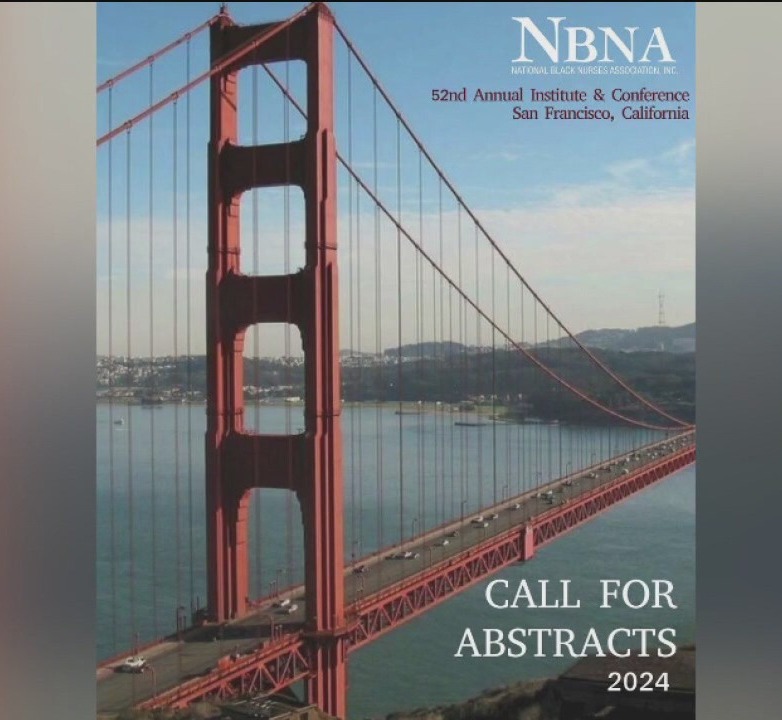Lawsuits stymie San Francisco’s homeless sweeps, car tows

On Thursday, lawyers in a lawsuit that challenged San Francisco’s homeless sweeps called on the city to settle the case. “We all agree that providing shelter, housing, and services is the right approach to help people get off the street,” they said in a letter to City Attorney David Chiu. “Our litigation has revealed that San Francisco has failed to deliver appropriate services to move people into shelter or housing, instead wasting millions of taxpayer dollars to shuffle homeless individuals from block to block.”
It’s the latest move in a heated chess game between the city and homeless advocates. In December, U.S. Magistrate Judge Donna Ryu issued a temporary ban on removing homeless people from streets and parks, stating the city violated their constitutional rights by forcing them to relocate without having enough shelter beds to offer them.
Chaos ensued. Chiu called the plaintiff’s allegations “baseless” and the suit “unnecessarily broad.” The suit is taking blame at every turn; in a Twitter thread, Mayor London Breed debunked claims that a homeless camp was the root cause of a fire at a construction site while citing the suit for the city’s inability to move people off the streets.
But it’s not the only suit that is stymieing methods used by the city to address symptoms of its poor and unhoused populations.
In July, the First District Court of Appeal ruled that towing cars as a form of fee collection is illegal. This throws a wrench in the city’s practice of seizing vehicles with expired registration or five or more parking tickets, which disproportionately impacts low-income residents.
In theory, both cases could change the city’s approach to homelessness. San Francisco could rethink how it responds to symptoms of extreme poverty and design policies that do not violate constitutional rights or are illegal.
Or it could fight to retain the status quo, even as these tactics are proven to be ineffective.
Thus far, the city appears to be choosing to fight.
In January, the city appealed the ruling on homeless sweeps. The suit, according to Jeff Cretan, spokesperson for Breed, inhibits the city’s ability to move people indoors. “The lawsuit currently makes it more challenging to do this work,” he told me, and “creates a situation where encampments are allowed to remain in place, even when we have places for people to go.”
But that claim gets fuzzy when looking at the data. As of Thursday, 383 people are on the city’s waitlist for a shelter bed. If the goal is to get people into shelter, why can’t we work with those on the streets who are willing to accept it, instead of deploying expensive resources to encampments?
Instead of helping people access shelter and housing, the seizure of homeless people’s belongings and the shuffling of them from corner to corner has been proven to do the opposite. In the statewide study of homelessness from UCSF, victims of sweeps said losing IDs, phones and paperwork derailed their progress in accessing housing.
The towing ruling hasn’t been challenged, though City Attorney Chiu is considering his options. In an email, a spokesperson told me that Chiu is concerned that the court’s decision will allow scofflaws — who know their cars won’t be towed — to avoid parking regulations.
That’s a risk, but there are other systems to collect money from those who owe it. The government can garnish wages or even legally take funds from someone’s bank account. In those systems, safeguards exist for low-income people; bank levies, for example, can’t be pulled from social security, disability or public pension payments.
Towing doesn’t seem to work in the city’s favor. In a 2020 report, the Municipal Transportation Agency noted that the city pays $574 in labor and storage fees for each vehicle it tows. Sky-high costs to reclaim vehicles are often beyond people’s means, so cars are abandoned in the tow lots. In 2020, the towing program lost $4.7 million.
Jennifer Friedenbach, executive director of the Coalition on Homelessness, the nonprofit on whose behalf both suits were filed, told me she believes sweeps and tows are a waste of money. “From a good government perspective, criminalizing folks and ticketing them doesn’t work,” she said. “The city is spending tons of money to move people block to block instead of really thinking about a better way to use resources to help people get off the streets.”
Even if the city did win both cases, it faces changes at the state and federal levels. Last month, the Ninth U.S. Circuit Court of Appeals refused to rehear a case that would have challenged a 2018 ruling that found “the Eighth Amendment prohibits the imposition of criminal penalties for sitting, sleeping, or lying outside on public property for homeless individuals who cannot obtain shelter,” a key aspect of the homeless coalition’s suit.
And in Sacramento, AB1082, drafted by state Sen. Ash Kalra, D-San Jose, is moving through the Legislature. If passed, it would prohibit towing as a method of collecting parking ticket debt.
In other words, San Francisco can battle both its suits in court, but they’re just part of a larger war centered on the protection of poor and unhoused people’s rights. The city can choose to fight to retain policies that are ineffective and harmful or it can choose to focus on solutions.
Reach Nuala Bishari: nuala.bishari@sfchronicle.com





